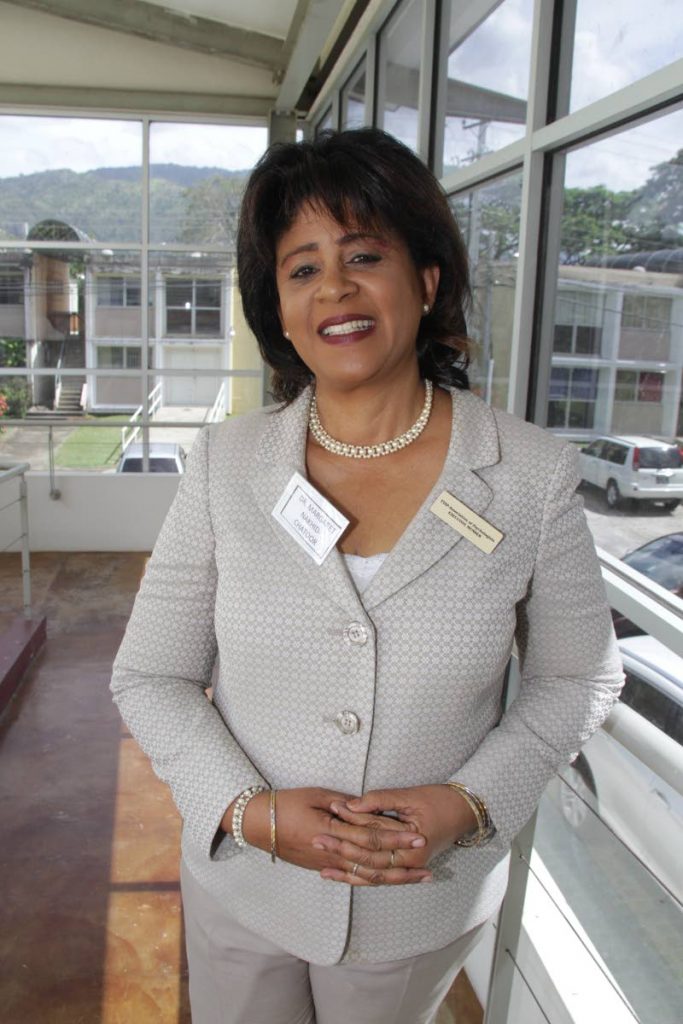Look to cellphone culture among teens

CLINICAL psychologist Saran Looby says there is a huge overlap of children in need of care after being neglected and exploited. Speaking at a conference on Child and Adolescent Mental Health on Wednesday at the Students Recreation Centre, Eric Williams Medical Sciences Complex in Mt Hope, Looby said they did not have the structural support to do the work with students experiencing personal problems.
She said there was a shortage of psychological services for troubled children. According to a teacher present, speaking on condition of anonymity, she said the Students Support Services (SSS) was ineffective. She felt there should be a greater presence in schools by the SSS who should provide greater support.
Last week, a teenager was held after his mother’s hand was chopped off hours after she took away his cellphone. The teen has since been released without charge. Director of the Psychological Testing and Counselling Centre Dr Margaret Nakhid-Chatoor, on this issue, said they are looking at this as further than mental illness.
“It may have to do with addiction to cell phones which is increasing among young people. We have to begin looking closely at what is happening with our children, what are the kinds of messages we are sending to them within the home.” Nakhid-Chatoor said adolescents are the most vulnerable, the future of the society whose needs sometimes went unattended.“There is a lack of personnel in schools in the mental health area in education to deal and to diagnose. How can we include a percentage of the population that have been invisible for a long time,” she asked. She said while they were a little heard of organisation, they wanted to make adolescent mental health a public issue.
“Inclusion is a public issue. Stakeholders have to get together. We are not talking about private, we are talking about private sponsorship, we are talking about getting into Parliament for legislation. The Government just signs documents, but they don’t put things into place. There is no policy and practice so how can we attend to children who should be included? How can we put things into place if there is no policy to address these issues?” she questioned.
Nakhid-Chatoor said while mental health is a big issue they were also looking at inclusion. “Children who are excluded are at the top of the list for discrimination for not having access to services for a life of poverty and abuse because they are not included into social services. This is not seen as an issue that is sensational enough to garner enough interest,” she said.
Nakhid-Chatoor said there was a stigma attached to mental health where some parents felt ashamed if their child was different. “If your child is different something is wrong. If we were a kind of society that recognised difference, that celebrated difference parents would not feel ashamed, but we are not a society like that. I think it it is time that these issues are more than highlighted,” she said.


Comments
"Look to cellphone culture among teens"